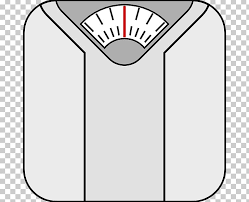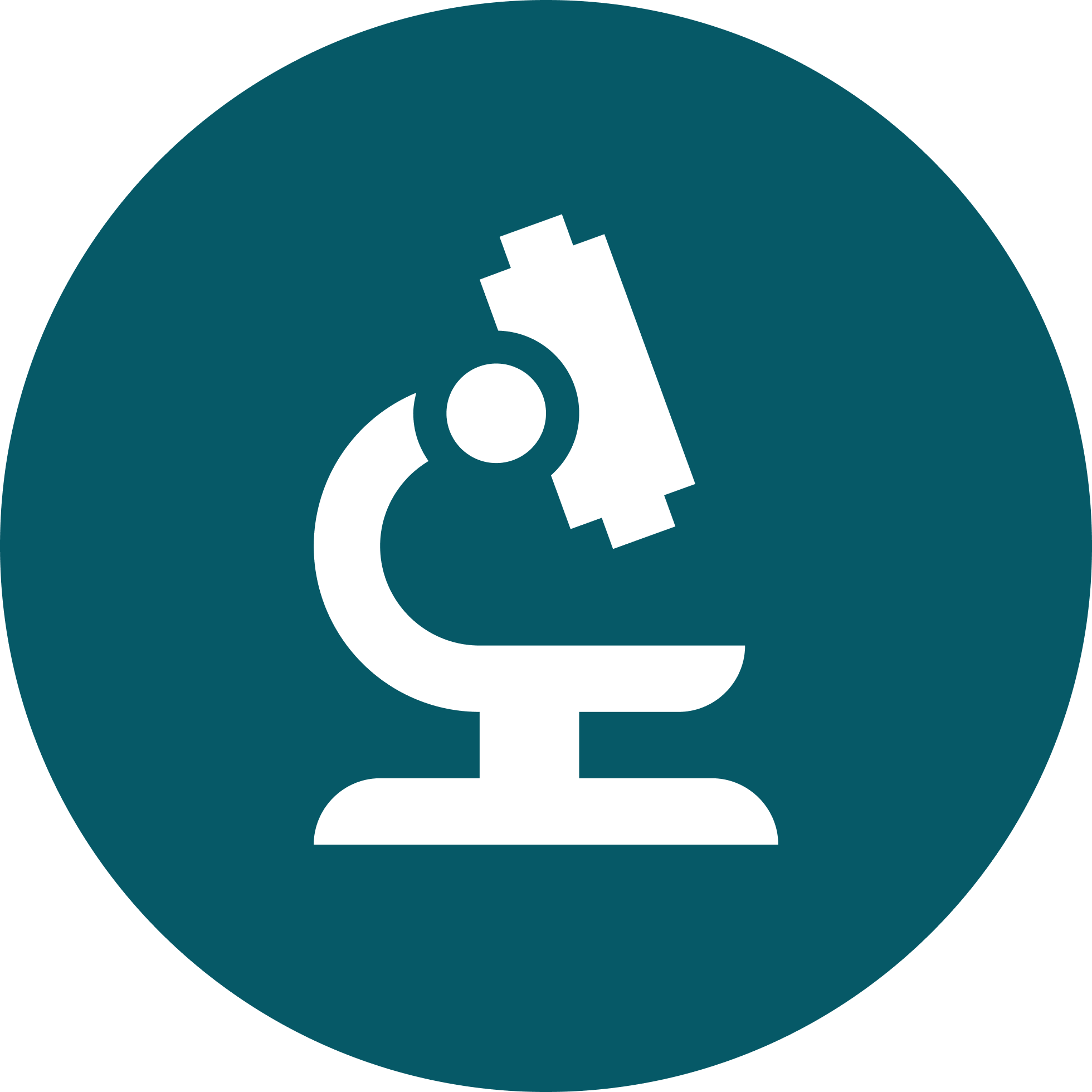

Yes, 80 kcal are not much, but many small amounts sum up quickly in my experience, and 80kcal in liquid calories are much less satisfying than more solid stuff on my plate.


Yes, 80 kcal are not much, but many small amounts sum up quickly in my experience, and 80kcal in liquid calories are much less satisfying than more solid stuff on my plate.


Yeah, non-dairy milk alternatives I did try. In away they are good as they don’t trigger the reaction I get with milk. But on the other hand since they don’t do that I can just as well drink my coffee black I think (and save these 80kcal altogether)


If it were useless we would see at least some populations in the world to have lost it altogether.


its not my plan, but it wouldnt be a problem for my health (i.e. I did it before)
that phrase kind of loses its point when investigations are not conducted and / or the public prosecutor’s office is not informed of reports of harassment etc.
I imagine it to be like 2 bottles of water and 3 bottles of oil or something (with bottles of 1 liter), or a 1 gallon jug.
I remember reading about a German TV host who lost weight and every week would fill up the total weight lost as water in two buckets and walk around the house with them just to get a feeling for the weight.
obese actually


I am 38 and have so far had no cavity. Turns out adults have a very easy handle on dental hygiene, brushing your teeth, flossing and avoiding candy and sweet drinks
Use rated games to be matched with real players. After a few games that you will lose you will be matched with players against which you have roughly a 50:50 chance of winning / losing. Don’t focus on the ELO rating specifically at the start. Playing against humans is definitely different from the computer. In the lower ELO ranges you will see a lot of moves that don’t make sense and that the chess engine would never play. On the other hand opponents can be quite good at reading your strategy (as opposed to a dumbed-down engine).
Use the Analyse game function after the game to get an idea of the mistakes you made.
I would start with 10 minute games so that you can play a few games in a row (gives you more practice) but still have time to think.


It kind of seems they stole a decade off of Lasker.
oops, was already posted… Doesn’t the UI give a hint for that? I’ll look twice next time.

Any particular reason why you chose this shape of paddle? There are a lot of different shapes and with straps in different positions (finger only, wrist…), I suppose they all have a specific uses but I have no idea. Or is it just marketing? :)
I picked it I think because I didn’t know what to pick so uni-size from Speedo I thought I could not go totally wrong. Overall my heuristic is not grounded in a lot of swimming experience.

I am not sure whether I should be someone to advise on this as I am a beginner.
I bought a pair of these fins https://www.amazon.de/gp/product/B09P3JYC8R/ as I read that one should pick short and flexible ones and I am happy with these fins. As for paddles I bought https://www.amazon.de/gp/product/B094JZ6DW3 (Speedo) and they do work.
Again, I actually don’t have experience with other paddles and fins (well, I have some fins for snorkeling but haven’t used them for a decade or so, they are of course not the ones I would use in a pool.
Overall for paddles, they really increase the stress on everything involved in your arm movement, so I usually only use them for 50 or 100 m and then take them off again.
I would at first use fins and paddles more as technique-guiding tools.


They played at 82%, one blunder, 2 mistakes, 1 imprecision (sry, translating terms to english on the fly). So I don’t think they were playing extremey bad.


We can handle a moderate deficit, especially if we’re keeping a positive bias to protein (such as eating 25% of calories from protein, basically keeping protein portions decently sized). I do it without any supplements, but with meats, eggs, yogurt, legumes. Our protein is where we get our dietary cholesterol from which we make cells, and it’s also an energy source so while we need all kinds of nutrition, keep that one from falling during a deficit to answer your concerns.
I am aiming for 250g of Quark (https://en.wikipedia.org/wiki/Quark_(dairy_product) per day and I actively try to add kidney beans, white beans, chickpeas to my diet (which works okayish). Also had Salmon yesterday and smoked salmon for breakfast every other day.


Did they control for the fact that being overweight can be a cause to switch from sugar to sweeteners?
Not sure I understand everything, although I think I understand that an influx of new players can totally skew statistics.
It’s worth noting that this is about ELO ratings, so lichess may have a similar problem (I think it might be the case for Blitz on Lichess to suffer from a similar problem), but some of the proposed fixes are FIDE ELO specific (increasing starting ELO).
The problem seems to be that the ELO ratings aren’t accurate to estimate the correct probabilities for a match between a long-time chess player with higher ELO rating and a player from the “Queen’s gambit wave”.
Now the authors seem to paint this as a problem with the new players being underrated, the ELO distribution to be skewed. I agree that this can be a skew, I wonder however if the solution should be to boost ELO ratings of lower-ranked players.


I have been overweight since childhood and after college I put on about 2kg per year on average. In between I managed to diet off some kg but quickly gained them back every time.
This time I am combining my past dieting experiences with professional help from a registered dietician and a personal trainer (I am an emotional eater and hope to be able to use sport for mental stability as well as physical health).
I am trying to stay <2000kcal on most days of the week and in any case under the estimated daily calories of my apple watch.

I would ask your medical specialist whether Swimming is okay to do with your medical history. While travelling you can purchase tickets to public swimming pools (granted, depends a bit on where in the world you are travelling).
Anyway, I would not take advice from strangers on the internet without a 1:1 consultation with a medical doctor on what is okay to do and what not.
Oat milk doesn’t really work for me. Glad if it does for you ;-) I guess I will drink black coffee now. I received an AeroPress last week and while I always used good beans I ordered a selecton of premium beans from the webshop that I ordered the aeropress from.